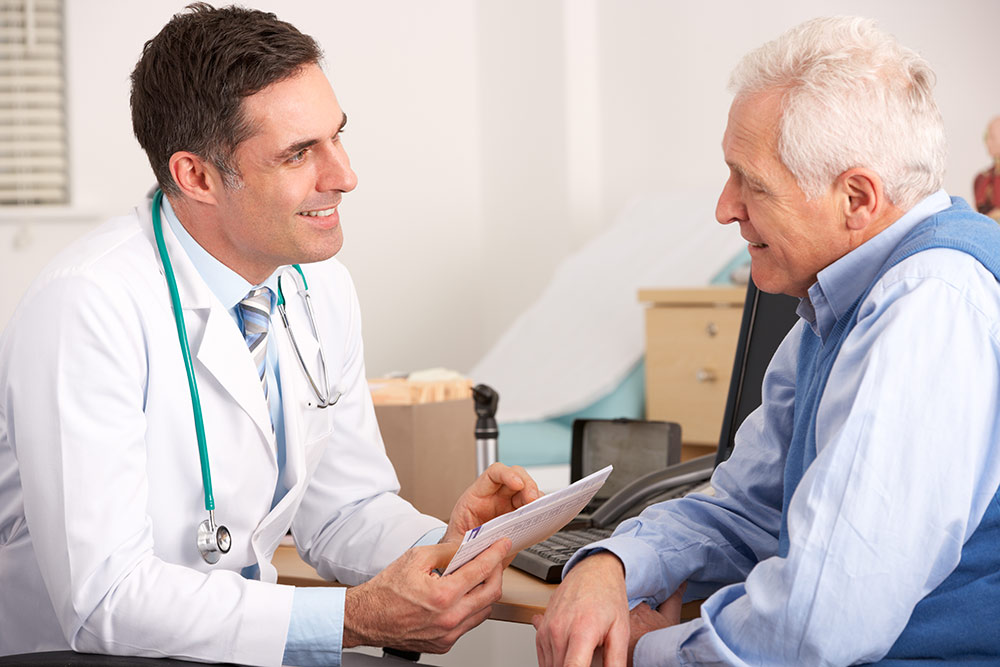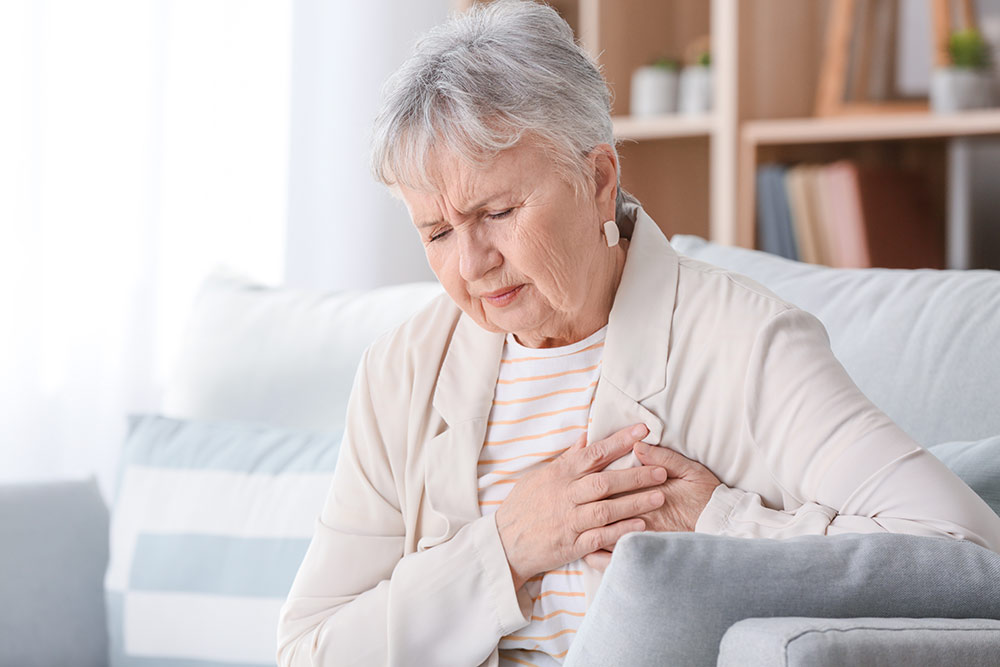Older adults in assisted living facilities aged 65 and up are always reminded to watch out for common age-related diseases that might develop in them. There’s diabetes, high blood pressure, memory problems, and more.
However, all health experts agree that there’s one particular fatal disease that every senior should make the effort to prevent—and that is heart problems.
In recent years, heart diseases have remained to be the leading cause of death of many elderlies and even adults in their 50s. In fact, it is known to claim more than 600,000 American lives in the country each year.
Furthermore, an unhealthy heart increases one’s risk of developing other health problems, such as mental illness, brain disorders, and weight struggles. Some of the most life-threatening disorders caused by an unhealthy cardiovascular system include:
- Coronary heart disease
- Heart attack
- Heart failure
- Stroke
- Obesity
- Depression
- Dementia and other memory problems
All heart problems start as something “small,” and there are several warning signs indicating that you have an unhealthy heart. Your role is to spot these early signs and symptoms so you and your medical team can take action and prevent it from developing into full-blown heart disease.
Some of these symptoms might pass off as a non-threatening medical issue but if you experience a combination of them, then it’s time to rush to your GP.
1. Chest Pains or Angina
Abnormal chest pains that have been happening for quite some time should not be dismissed as nothing. More often than not, you are feeling this chest discomfort or angina due to a blocked artery, irregular blood flow to the heart, or a dead heart muscle.
A chest pain that happens due to heart problems can feel like a pressure, tightness, or strain in the left side of the chest, where the heart is located. Some people describe it as pinching, burning, or like an elephant sitting on your chest.
This can happen anytime, whether you’re at rest or doing something physical. It’s a pain that gradually builds up towards the upper torso and on the shoulder area.
2. Heartburn or Stomach Pain
Heart problems may also manifest as heartburn, stomach pain, or back pain. Some people may even feel nauseous and might vomit at times. Of course, this can also be due to other diseases that may not have anything to do with your heart. But you should know that these symptoms are seen for impending heart attacks.
Moreover, seniors who have recurring acid reflux and stomach conditions should immediately get screened by their doctor for heart disease. Let the professionals rule out heart problems instead of self-diagnosing it as nothing.
3. Irregular Heartbeat
Another telltale sign of an unhealthy heart is an irregular heartbeat. This may mean that your heart has difficulty pumping blood at a regular rate due to a blockage in the arteries or disruption in the heart’s electrical systems.
An abnormally fast or skipping heartbeat may indicate an impending heart attack, heart failure, or stroke.
Arrhythmia or irregular heartbeats can be detected through an ECG or EKG test by your doctor. So, make sure to attend your doctor’s appointments even if you’re residing in assisted living facilities.

4. Shortness of Breath and Fatigue
If you get quickly exhausted doing simple activities (that you didn’t have any problem doing in the past) or even when at rest, then a visit to the doctor might just save your life.
According to the American Heart Association, breathlessness or difficulty in breathing can be a symptom of a heart problem. Some situations commonly encountered by older adults with heart diseases include:
- Shortness of breath while at rest or sleeping, which usually causes the person to wake up suddenly.
- Feeling the need to prop up after lying for quite some time due to breathing difficulties.
- Feeling extremely tired or restless even after sleeping through the evening.
If you don’t have a history of anxiety, allergic reactions, or anemia, then your shortness of breath may be due to a lung or heart problem. Both cases require an immediate visit to the doctor or heart specialist.
5. Pain in the Left Shoulder to the Arm
Besides chest discomfort, another pain that you should be worried about is one that spreads from the left shoulder to the arm.
Pain or a “pressure” in the left shoulder or arm is a common indicator of a heart problem, more so when paired with other heart disease symptoms like shortness of breath and arrhythmia.
Most seniors with heart problems experience pains in the chest that will often spread throughout the arms. However, there are cases where patients mainly felt the pain in their left arm before a heart attack happened.
6. Snoring or Sleep Apnea
Snoring is often a funny feat that happens normally once in a while. But if you have been a long-term snorer, then you should not take this lightly as this may be a sign of an unhealthy heart.
Loud snoring followed by sudden gasps for air or choking sounds is a classic sign of a condition called sleep apnea. Sleep apnea happens when a person suddenly stops breathing for 10 to 20 seconds while they sleep. This can cause sleeping problems and may bring stress to the heart.
Not everyone with sleep apnea has heart problems. But still, you should have your heart checked because sleep apnea often increases your risk for cardiovascular diseases.
7. Swollen Legs, Ankles, and Feet
An unhealthy heart will have a hard time pumping blood effectively to the lower extremities (legs, ankles, and feet) of the body. When this happens, high amounts of blood get clogged in the veins causing your legs and feet to bloat or become swollen.
If you ever noticed that your lower extremities seemed puffy, especially later in the day, then you should consider going to your GP immediately.
Heart disease is called a “silent killer” because most symptoms can pass off as a normal condition. Prevent any heart problems by staying on top of your health and practicing healthy habits in assisted living facilities.



